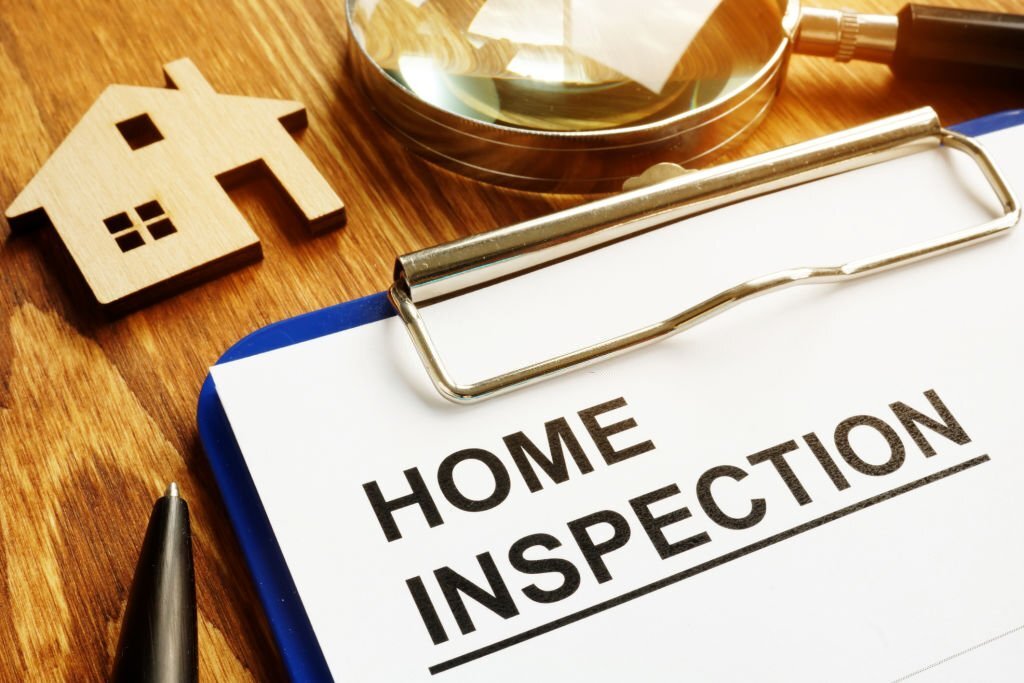Introduction
You’ve found your dream home in Dallas, now take the crucial next step of hiring a professional home inspector before closing. But with hundreds of inspectors to choose from, how do you ensure you pick one of the best? Use these insider tips to identify the Best home inspectors in Dallas who will provide a comprehensive, educational inspection.
Seek Extensive Local Experience
Look for a home inspector with:
- 5+ years of full-time professional home inspection experience in the Dallas/Fort Worth metro area specifically. Avoid part-time side gigs.
- 500+ inspections completed in various Dallas neighborhoods. Exposure to a wide variety of housing styles and ages.
- Strong knowledge of local construction materials, codes, soil conditions, and other regional specifics that influence home building. An experienced local inspector knows what to look for.
- Diverse inspection portfolio including single-family homes, condos, townhouses, luxury homes, and investment properties across Dallas/Fort Worth. More variety means better insight.
- Specialized experience inspecting historical homes if your property is older and unique. Identify age-related defects.
- If you’re building new construction, seek an inspector experienced with foundations, framing, rough mechanicals, and finish details of brand-new homes. They’ll spot problems early.
Verify Proper Licensing
Texas requires home inspectors to hold a real estate inspector license through the Texas Real Estate Commission. Confirm current licensure through the TREC directory. Licensed inspectors have passed state examinations and undergone background checks for legitimacy.
Look for Advanced Education and Designations
While a basic license is required, top inspectors pursue ongoing education and certifications such as:
- Degrees or specialized training in construction, engineering, architecture, and trades.
- Professional designations like ASHI Certified Inspector indicating mastery across home systems.
- Thermography certification for infrared inspections identifying hidden moisture issues.
- Specialty licenses in roofing, electrical, or plumbing systems.
Continuous learning reflects a commitment to providing cutting-edge inspections using the latest methodologies and gear.
Use Technologically Advanced Tools
The best home inspectors invest in high-tech equipment to identify problems not visible to the naked eye. Ask if they use:
- Infrared cameras that detect moisture behind walls, in roofs, etc.
- Carbon monoxide monitors to evaluate air quality and appliance safety.
- Professional grade moisture meters to pinpoint leaks and water damage.
- Electrical outlet testers that detect wiring issues.
- Smartphone apps that tag photos to exact locations on home diagrams.
- Digital endoscopes to assess cracks, pipe blockages, and small spaces.
Advanced tools mean more thorough data to evaluate the home.
Evaluate Their Inspection Process
An organized, regimented inspection process demonstrates professionalism. Ask about:
- Average inspection length – 3+ hours needed for detailed analysis.
- Use of comprehensive checklists customized to the home.
- Number of photos taken to document issues – 200+ typical.
- Types of reports provided after – paper, digital, cloud access. Quick delivery time.
- Follow-up call, meeting, or video chat to discuss findings. Good communication.
Structured inspectors provide better documentation and analysis.
Assess Communication Skills
Top home inspectors educate clients while explaining technical concepts in simple terms. Gauge skills by:
- Speaking in understandable language, avoiding excessive jargon.
- Answering all questions thoroughly pre-inspection, during walkthrough, and post-report.
- Explaining systems, components, and issues in ways an average homeowner easily comprehends.
- Actively involving clients in the inspection so they see areas and understand their importance.
- Providing tips on maintenance, upgrades, and recommended contractors.
Strong communicators provide maximum value to clients.
Check Reviews and References
Research online reviews on Google, Facebook, Yelp and look for:
- Repeated positive feedback on being highly detailed, thorough, and attentive.
- Stories of inspectors who went above and beyond in tough situations.
- Long history and volume of glowing reviews.
Also, request and call references to ask previous clients about their experience. Favorable reviews indicate competent, customer-focused inspection services.
Compare Packages and Pricing
Inspection fees for typical Dallas homes may range approximately:
- $350 – $500 for standard inspection of average-sized single-family homes.
- $600-$800 for larger luxury homes requiring longer inspection time.
- Add $100 – $200 for additional services like thermal imaging, sewer scope, radon or mold testing.
- New construction inspections cost more due to complexity.
Don’t make price the top priority – the best inspectors may cost slightly more but provide greater detail and value.
Make an Informed Decision
Follow these tips to hire one of the top home inspectors in Dallas. A quality professional inspection gives you objective data to negotiate repairs with confidence. Partnering with an experienced local inspector protects your most important investment – your new home.
Attend the Inspection
Whenever possible, attend the entire home inspection rather than just receiving the report afterward. Joining the inspector allows you to:
- View issues firsthand as they are discovered.
- Ask questions and gain education on home construction.
- Spot concerns that may be missed in just reading the written report later.
- Meet and assess the inspector so you can provide feedback to your real estate agent.
- Point out any previous repairs or renovations done.
- Learn how home systems operate through the inspector’s testing.
- Develop a comprehensive maintenance checklist based on inspector recommendations.
- Start building rapport with the inspector as an advisor for renovations after closing.
Shadowing a top Dallas inspector provides maximum value beyond just the final documentation.
Request Sample Reports
Ask prospective home inspectors to provide sample inspection reports so you can evaluate:
- Level of detail included to describe issues found.
- How easy issues are to understand for a layperson.
- If reports seem generic vs. customized to each home inspected.
- Number and quality of images documenting problems.
- Whether reports are coherently organized and highlighted for priority issues.
- If there is an overall condition summary and cost estimates for repairs.
Sample reports demonstrate the deliverable you can expect to receive.

